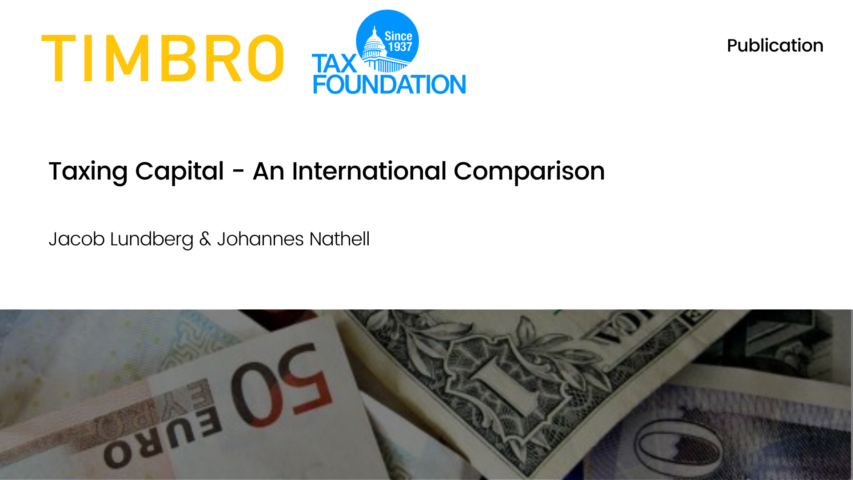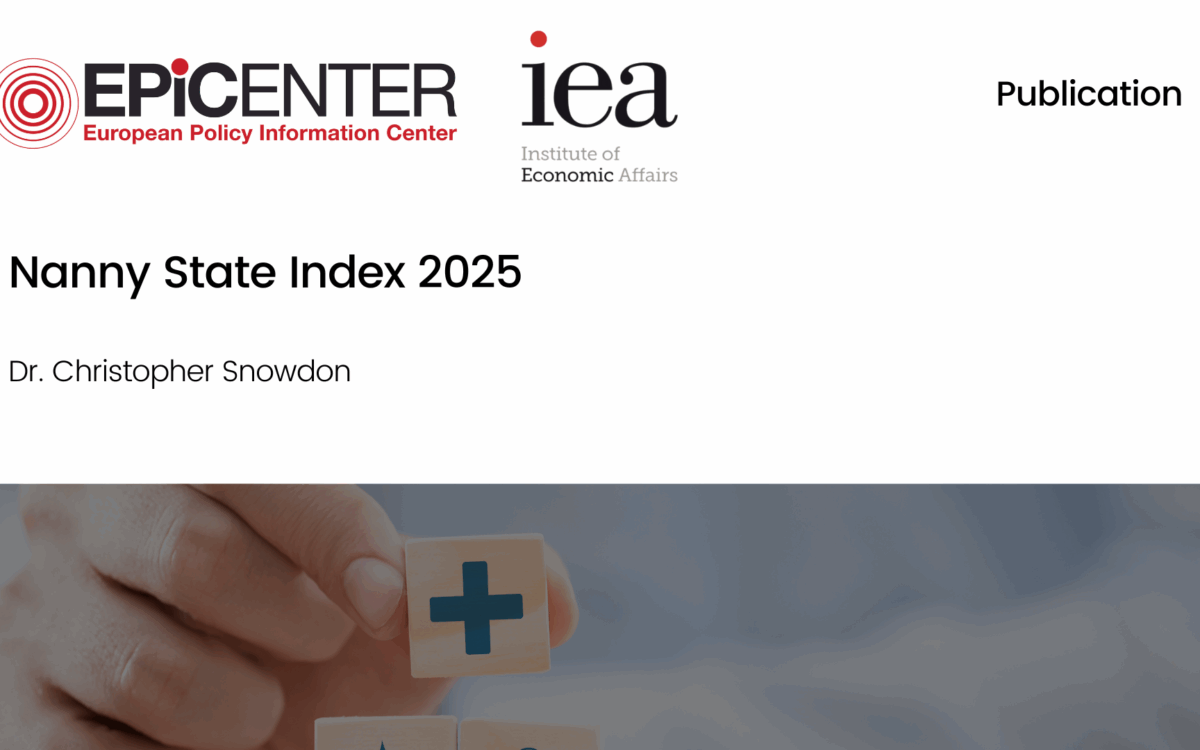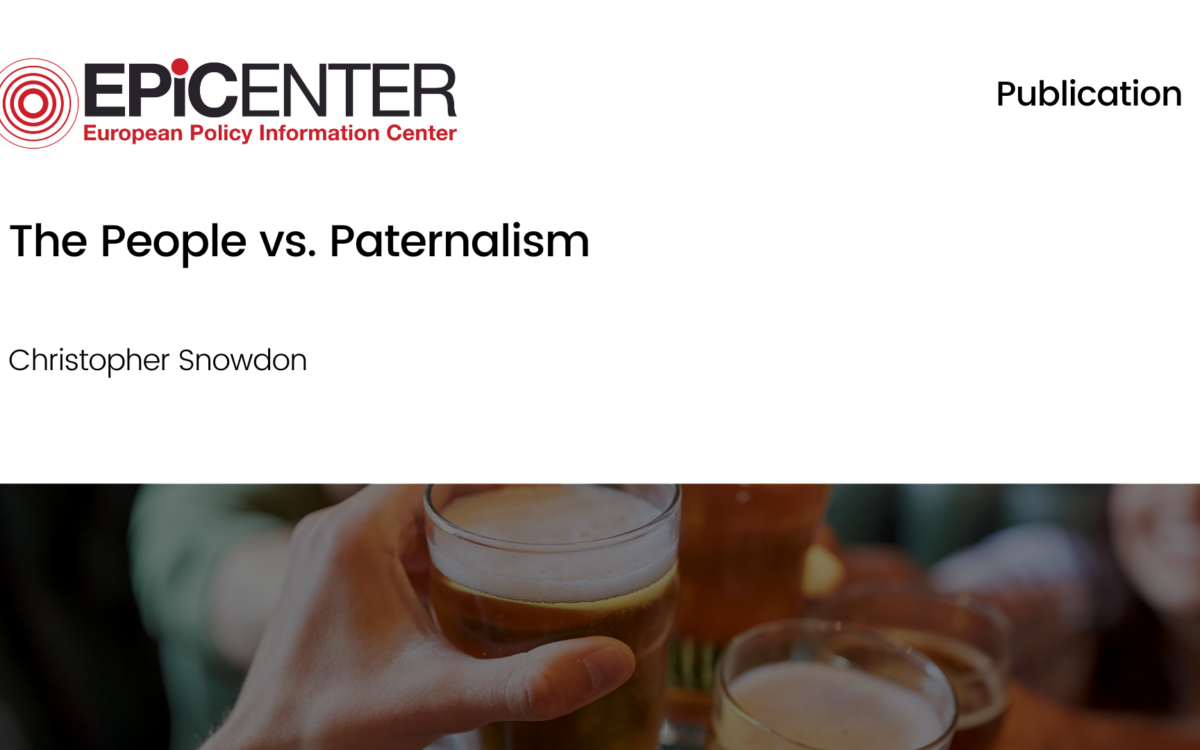Taxing Capital – An International Comparison

Taxing Capital – An International Comparison
11 May 2021
The taxation of capital—at both the individual and the corporate level – is much debated and affects economic growth by lowering the incentives to save and invest.
It is useful to compare capital income taxation across countries; this is not trivial. Countries have many different tax rates, exemptions, and special rules.
We compute the average tax burden on capital income from aggregate statistics by dividing total capital tax revenue by total capital income. This is an approximation because households’ capital income taxes are not observed directly. Our method is well-used in the literature but has to our knowledge not been used to compare capital taxation across countries in recent years.
Among the 30 OECD countries for which data is available, the average tax burden on all types of capital income is 29 percent, with a range from 9 percent in Lithuania to 50 percent in Canada. In general, English-speaking countries tend to have high capital taxes and Eastern European countries tend to have the lowest capital taxes. The data is from 2018 in most cases.
Download or share this publication
View the PDF
EPICENTER publications and contributions from our member think tanks are designed to promote the discussion of economic issues and the role of markets in solving economic and social problems. As with all EPICENTER publications, the views expressed here are those of the author and not EPICENTER or its member think tanks (which have no corporate view).



